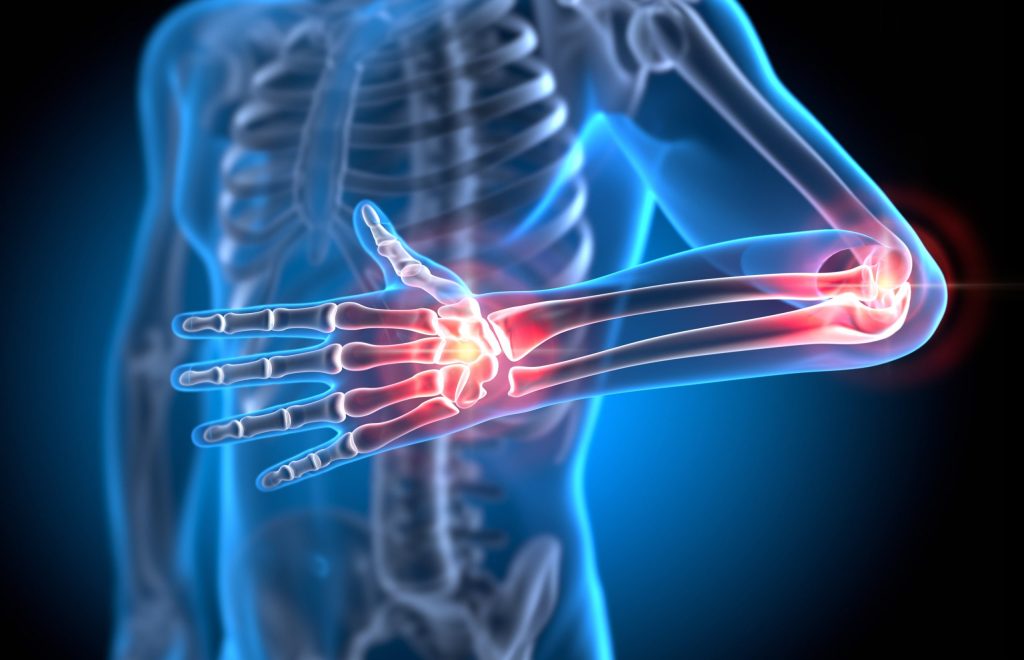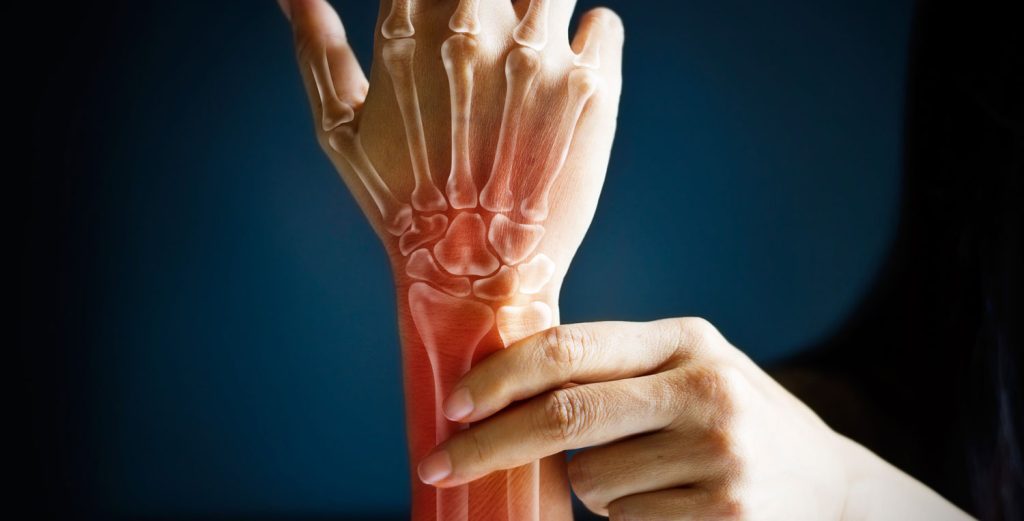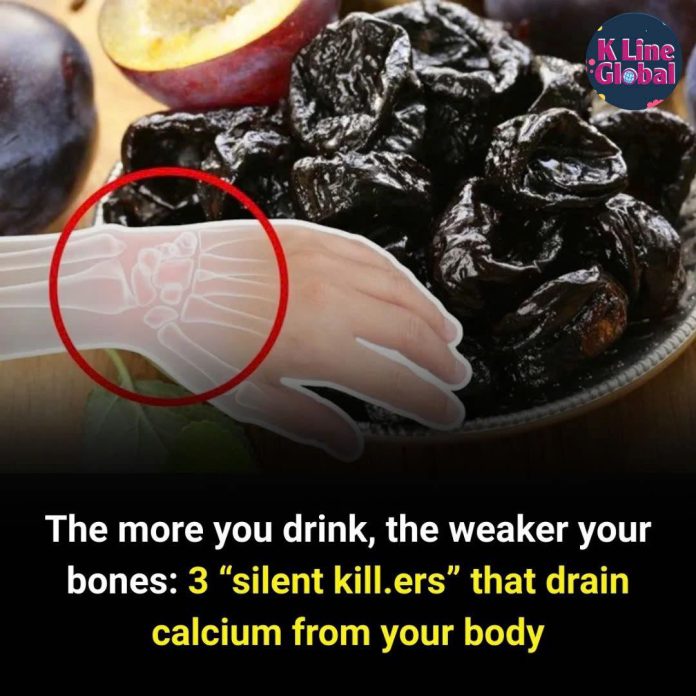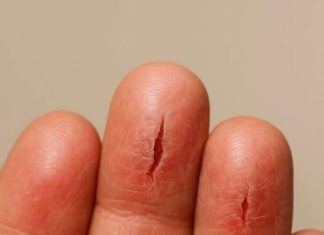Maintaining strong bones is essential for overall health, particularly as we age. While many focus on increasing calcium intake through diet and supplements, it’s equally important to be aware of factors that can deplete calcium from our bodies. Certain lifestyle choices and dietary habits can silently erode bone density over time, increasing the risk of osteoporosis and fractures. Here are three significant factors that can negatively impact calcium levels and bone health:

1. Excessive Alcohol Consumption
Chronic and heavy alcohol intake is a well-documented risk factor for decreased bone density and increased fracture risk. Alcohol interferes with the balance of calcium in the body, affecting its absorption and the production of vitamin D, which is crucial for calcium absorption. Moreover, alcohol can disrupt hormone levels, including estrogen and testosterone, which play vital roles in maintaining bone density. Elevated cortisol levels, often seen in individuals with alcoholism, can further decrease bone formation and increase bone breakdown.
Studies have shown that alcohol consumption during adolescence can reduce peak bone mass, leading to weaker bones in adulthood. Additionally, alcohol can impair the function of osteoblasts—the cells responsible for bone formation—and enhance the activity of osteoclasts, which break down bone tissue.
2. High-Sodium Diets
Consuming foods high in sodium can lead to increased calcium excretion through urine, potentially resulting in bone loss over time. Common sources of excessive sodium include processed foods, canned soups, salty snacks, and certain condiments. Reducing sodium intake not only benefits bone health but also supports cardiovascular well-being.
3. Consumption of Foods High in Oxalates and Phytates
Certain plant-based foods contain compounds like oxalates and phytates, which can bind to calcium and inhibit its absorption in the body. Examples include spinach, beet greens, rhubarb, and sweet potatoes. While these foods offer other nutritional benefits, it’s important to balance their intake and prepare them properly to minimize their impact on calcium absorption.
To mitigate the effects of these calcium-depleting factors and promote strong bones:
- Moderate Alcohol Intake: Limit alcohol consumption to moderate levels—up to one drink per day for women and two for men—to reduce its negative impact on bone health.
- Reduce Sodium Consumption: Aim to consume less than 2,300 milligrams of sodium per day. Opt for fresh, whole foods and read nutrition labels to monitor sodium intake.
- Balance Oxalate and Phytate Intake: Incorporate a variety of calcium-rich foods in your diet, such as dairy products, fortified plant-based milks, and leafy greens like kale and bok choy. Cooking methods like boiling can reduce oxalate levels in certain vegetables.
- Ensure Adequate Nutrient Intake: Consume sufficient amounts of vitamin D, magnesium, and vitamin K, which are essential for calcium absorption and bone health. Sources include fatty fish, nuts, seeds, and green leafy vegetables.
- Engage in Regular Weight-Bearing Exercise: Activities like walking, jogging, and resistance training can help strengthen bones and maintain bone density.

Bone health is influenced by a combination of dietary choices, lifestyle habits, and nutrient intake. By being mindful of factors that can deplete calcium—such as excessive alcohol consumption, high-sodium diets, and certain compounds in plant-based foods—you can take proactive steps to protect and strengthen your bones. Incorporating a balanced diet rich in calcium and other essential nutrients, along with regular physical activity, will support long-term skeletal health and reduce the risk of osteoporosis and fractures.

















